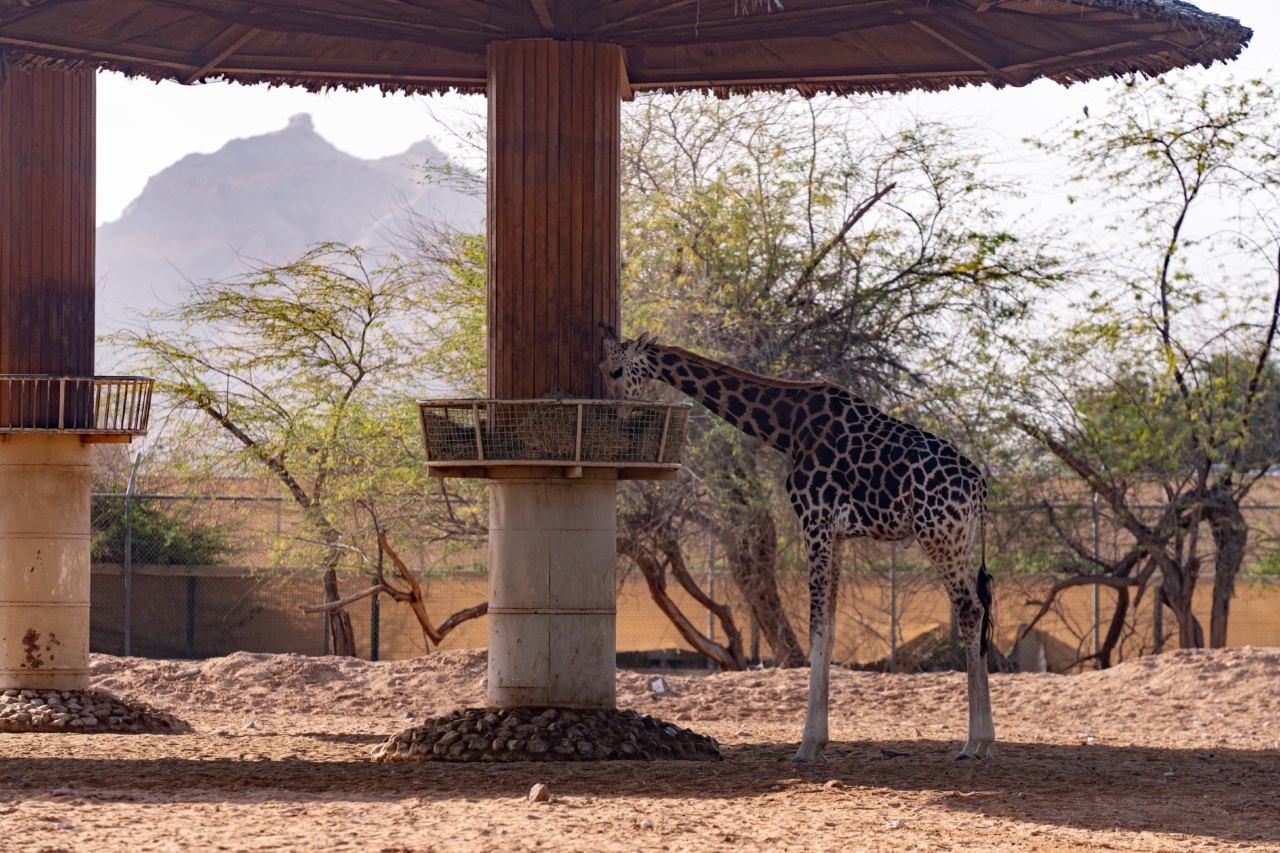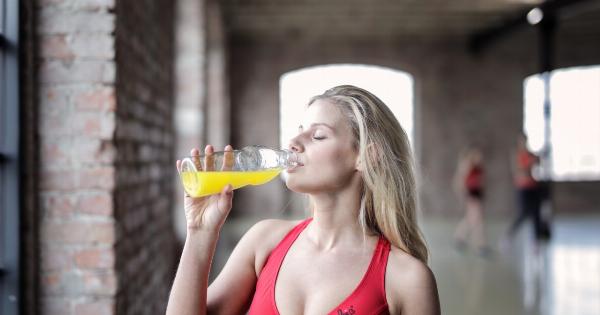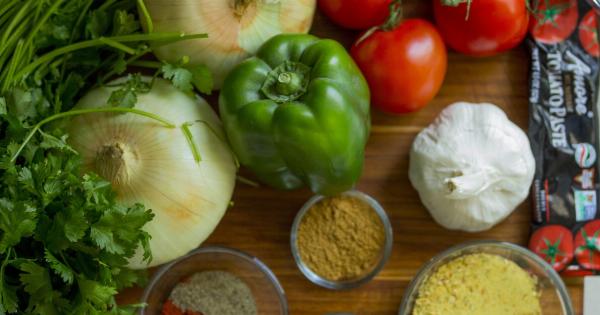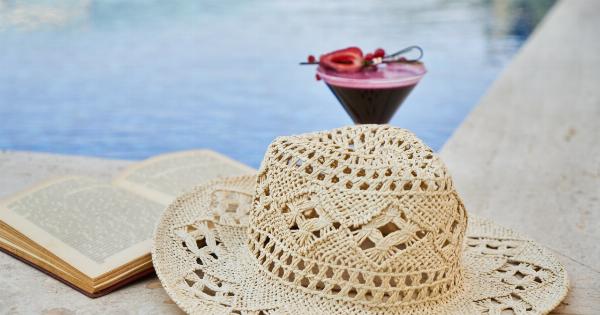Gymnastics is one of the most physically demanding sports that requires strength, flexibility, and agility. Athletes need to have a balanced diet to achieve optimal performance during their training sessions and competitions.
However, some may wonder if it is possible to do gymnastics without eating. In this article, we will explore the opinions of experts on this matter.
Why is Nutrition Important in Gymnastics?
Before we dive into the topic, it is important to understand why nutrition is crucial in gymnastics. The sport requires explosive power, endurance, and precision, which demands a lot of energy from the body.
Athletes need to consume enough calories to fuel their training and ensure they have enough energy for competitions.
Nutrition also plays a vital role in recovery. Recovery is essential to prevent injury, promote muscle growth, and maintain physical and mental well-being.
Proper nutrition can help minimize soreness and fatigue, enhance muscle repair, and improve overall health.
What Happens when You Do Gymnastics on an Empty Stomach?
Some athletes may choose to do gymnastics on an empty stomach, either as a way to lose weight, challenge their boundaries, or save time. However, this practice can have negative consequences on their performance, health, and safety.
When you exercise on an empty stomach, your body’s glycogen stores are low, which means you don’t have enough fuel to perform at your best. As a result, you may experience fatigue, dizziness, and weakness during your workout.
This can affect your balance, coordination, and focus, making you more prone to injuries and accidents.
Moreover, not eating before exercise can slow down your metabolism and lead to muscle breakdown. Your body will start using its own protein reservoirs to fuel your workout, which can lead to a loss of muscle mass and a decrease in strength over time.
Expert Opinions on Doing Gymnastics Without Eating
Here are some viewpoints from experts on whether it is advisable to do gymnastics without eating:.
1. Gymnastics Coach
Jennifer, a gymnastics coach with over 10 years of experience, believes that athletes should never do gymnastics on an empty stomach.
She explains that gymnastics is a high-intensity sport that requires a lot of energy, and athletes need to be adequately nourished to perform at their best.
“As a coach, I always recommend my athletes to have a balanced meal or snack before training. This can be something like a banana, granola bar, or a smoothie.
It will provide them with the necessary carbohydrates, protein, and healthy fats to fuel their workout, aid in recovery, and prevent injuries.”.
2. Registered Dietitian
Emily, a registered dietitian who works with gymnasts, emphasizes the importance of proper nutrition in ensuring peak performance and preventing injuries.
“Gymnastics is an intense sport that demands a lot from the body. Athletes need to have enough energy, protein, and micronutrients to fuel their training and promote recovery.
Skipping meals or snacks can negatively impact their physical and mental health, lead to suboptimal performance, and increase their risk of injuries.”.
3. Athlete Experience
Jessica, a former gymnast who competed at the national level, recalls her experience of doing gymnastics on an empty stomach.
“I used to skip breakfast before heading to practice, thinking that it would help me lose weight and improve my performance. However, I quickly realized that it was a mistake. I felt weak, dizzy, and couldn’t concentrate on my routines.
I also noticed that I would get more injuries and take longer to recover.”.
Tips for Proper Nutrition in Gymnastics
Now that we have established the importance of proper nutrition in gymnastics let’s explore some tips for athletes to fuel their bodies for optimal performance and recovery:.
1. Eat a Balanced Diet
Athletes should consume a balanced diet that includes complex carbohydrates, lean protein, healthy fats, and a variety of fruits and vegetables.
This will ensure that they have enough energy, nutrients, and antioxidants to support their overall health and performance.
2. Time Your Meals Appropriately
Athletes should aim to eat at least 2-3 hours before their training or competition. This will allow them to digest their food and prevent discomfort during exercise.
They can also consume a small snack 30 minutes before their workout, such as a fruit, granola bar, or yogurt, to provide them with quick energy.
3. Stay Hydrated
It is crucial for athletes to stay hydrated before, during, and after exercise. They should drink plenty of water and electrolyte-rich fluids, such as sports drinks or coconut water, to replace the fluids and minerals lost through sweat.
4. Consult a Registered Dietitian
Athletes can benefit from working with a registered dietitian who specializes in sports nutrition. A dietitian can help them develop a personalized meal plan that meets their nutritional needs, optimize their performance, and prevent injuries.
Conclusion
In conclusion, doing gymnastics without eating is not recommended. Athletes need to fuel their bodies with a balanced diet that provides them with the necessary energy, nutrients, and antioxidants to perform at their best and promote recovery.
Skipping meals or snacks can negatively impact their physical and mental health, lead to suboptimal performance, and increase their risk of injuries. Therefore, it is essential for athletes to pay attention to their nutrition and consume enough calories, protein, and micronutrients to support their training and competitions.






























